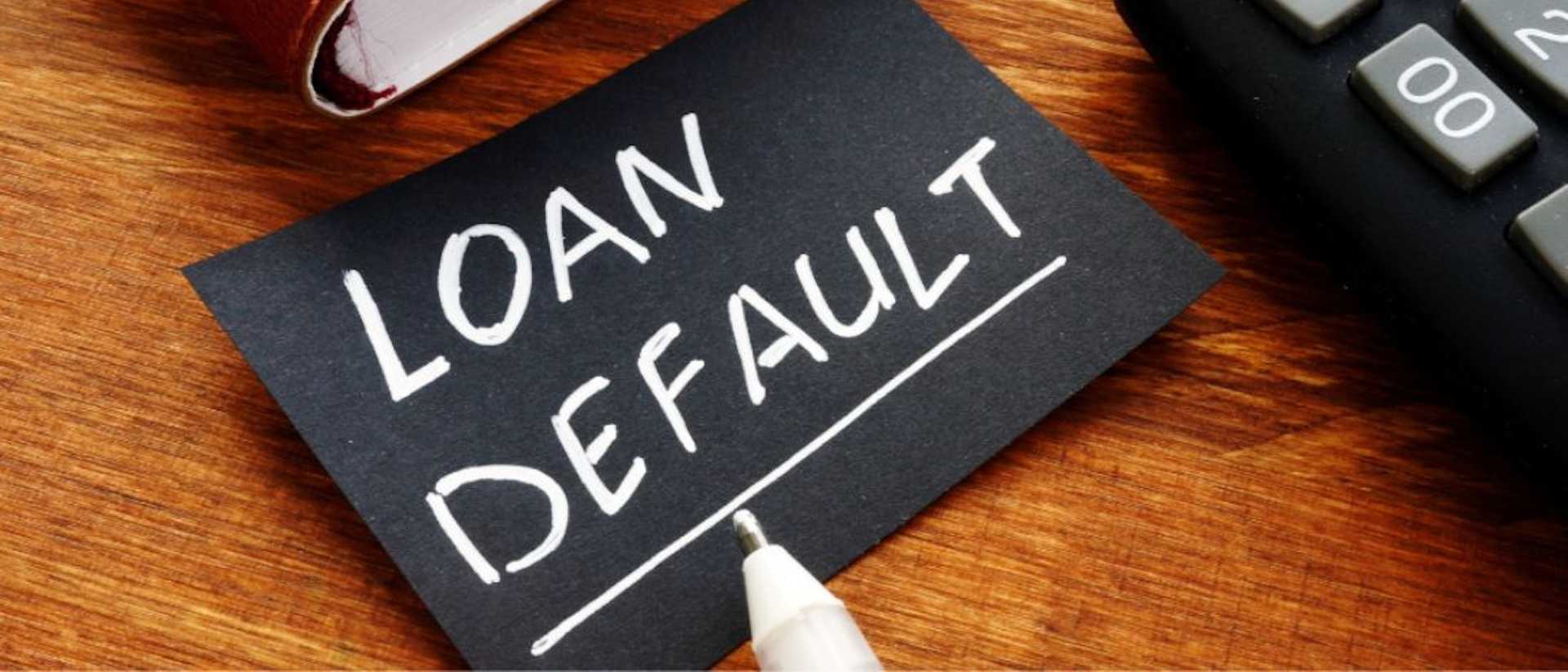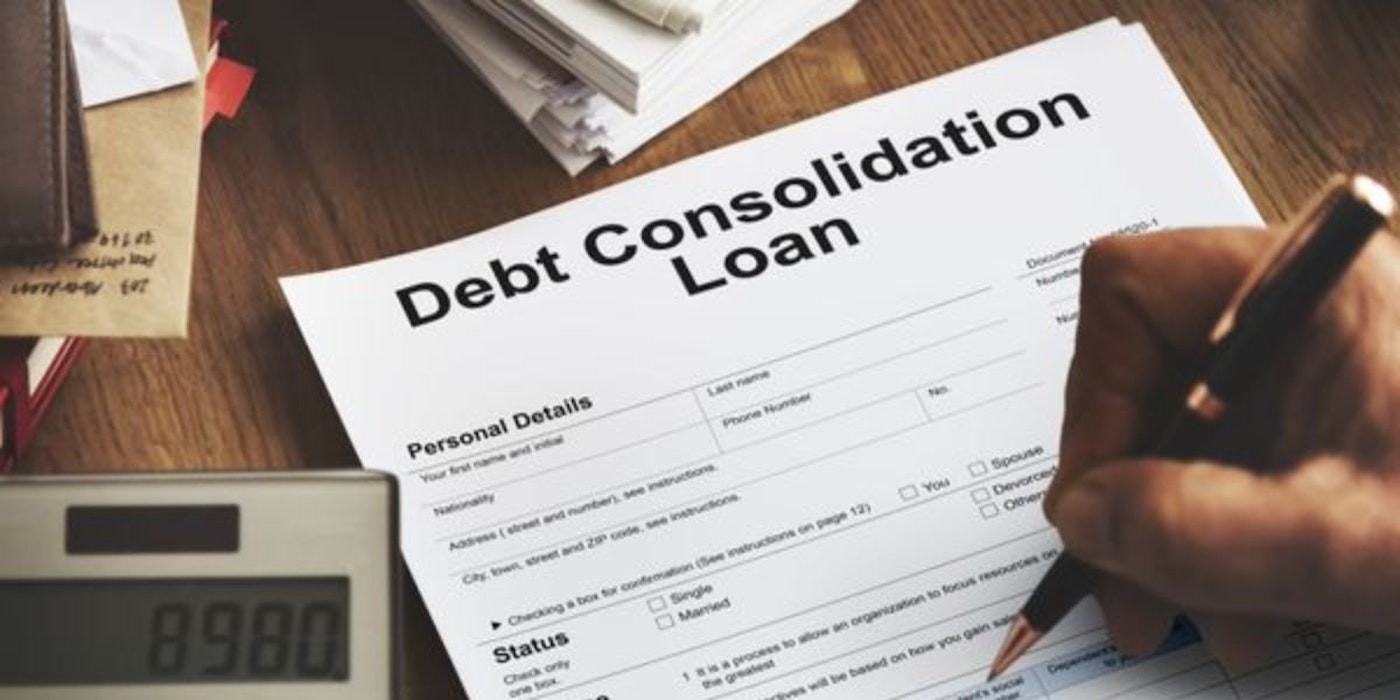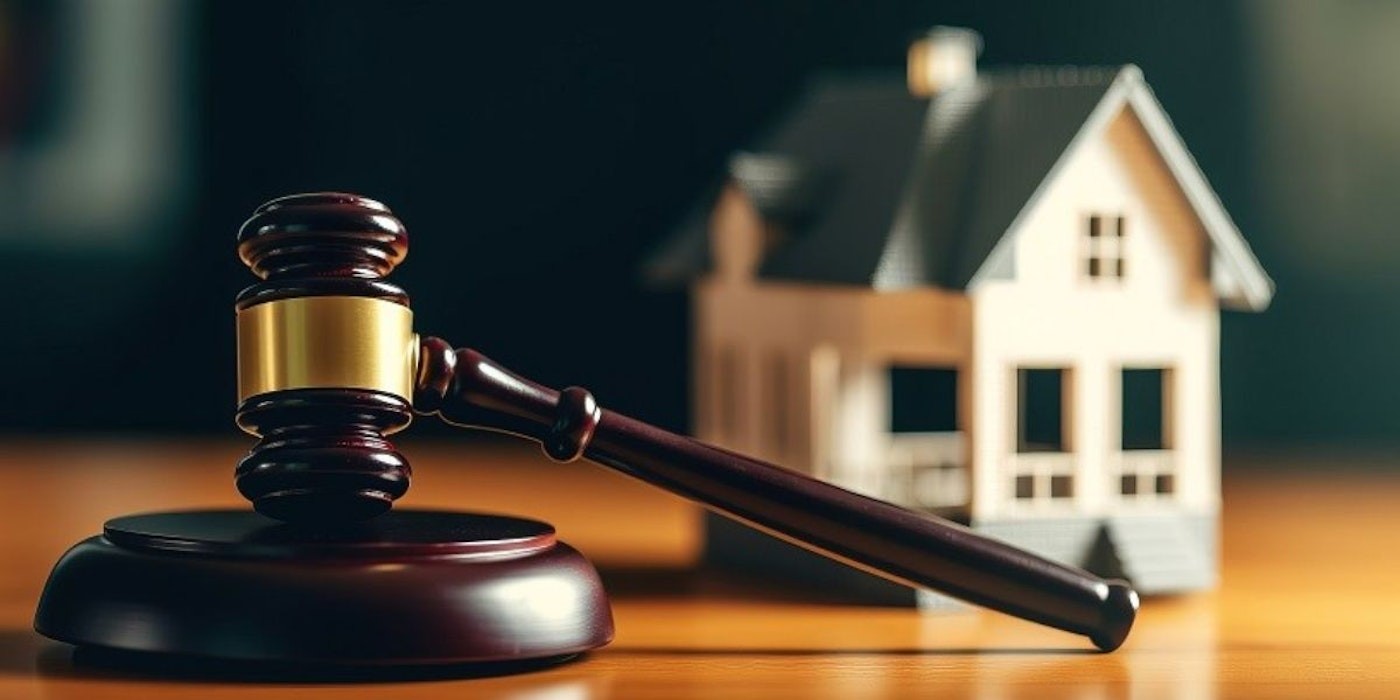What Happens When You Default On A Loan? A Comprehensive Guide

When you default on a loan, it can have serious consequences for your financial situation and credit score. Defaulting on a loan means that you have failed to fulfill the agreed-upon terms of the loan, such as missing scheduled payments. The consequences of defaulting on a loan can vary depending on factors such as the type of loan and the terms outlined in the loan agreement.
These consequences can include late fees, asset seizure in the case of secured loans, debt collection efforts, and how they negatively affect your credit score. It is important to contact your lender if you are experiencing financial difficulties to explore alternative repayment options and avoid defaulting on your loan.
Key Takeaways
- Defaulting on a loan can have serious consequences for your financial situation and credit score.
- Consequences can include late fees, asset seizure, debt collection efforts, and negative impacts on your credit score.
- It is important to contact your lender if you are experiencing financial difficulties to explore alternative repayment options.
- Secured loans can result in asset seizure, while unsecured loans may lead to debt collection efforts.
- Defaulting on a loan can make it more difficult to secure future credit and may result in higher interest rates.
Types of Loans and Default Consequences


When it comes to loans, there are different types, and each has its own set of default consequences. Understanding these consequences is crucial to managing your finances effectively and safeguarding your credit score.
1. Secured Loans:
Secured loans, such as mortgages or auto loans, are backed by collateral. This collateral can be seized by the lender if you default on your loan. For example, if you default on your mortgage, the lender may initiate foreclosure proceedings, leading to the sale of your property.
2. Unsecured Loans:
In contrast, unsecured loans, like credit card debt or personal loans, do not require collateral. While there is no immediate threat to property seizure, defaulting on unsecured loans can trigger debt collection efforts. Debt collectors may contact you and take legal action to retrieve the owed amount through wage garnishment or other means.
3. Student Loans:

Defaulting on student loans, whether federal or private, can have severe consequences. For federal student loans, default can lead to wage garnishment, loss of eligibility for additional federal student aid, and a negative impact on your credit score. It is essential to explore repayment options or loan rehabilitation programs to avoid defaulting on your student loans.
4. Other Types of Loans:
It's worth mentioning that other loans, such as personal loans, auto loans, and home loans, can also have specific default consequences. These consequences may include adverse effects on your credit score, debt collection efforts, or legal action taken by the lender.
Regardless of the loan type, defaulting on any loan can significantly impact your credit score, making it harder to secure credit or favorable terms in the future.
Understanding the potential consequences and prioritising timely repayments can help protect your financial well-being and maintain a healthy credit score.
Consequences of Loan Default

The consequences of defaulting on a loan can be severe and have long-lasting effects on your financial situation. One of the immediate impacts is a significant drop in your credit score. Even if you eventually repay the overdue amount, the default can remain on your credit report for up to five years. This can make it challenging for you to obtain future loans and credit cards, as lenders view default as a high-risk behavior and may offer higher interest rates. As a result, you may struggle to find good deals on loans and end up paying more in interest over time.
Defaulting on a loan can also lead to debt collection efforts, which can be highly stressful. Debt collectors may continuously contact you to recover the unpaid amount. In more extreme cases, they may seek a court order for wage garnishment or even force the sale of your property to satisfy the debt. These actions can have a devastating impact on your financial stability and future prospects.
Furthermore, loan default can have a lasting impact on your ability to secure credit in the future. When you apply for credit, such as a loan or credit card, lenders will review your credit history. Any past defaults can raise concerns and reduce your chances of approval. If you do get approved for credit, the interest rates may be higher due to the perceived risk associated with your default history.

To mitigate the consequences of loan default, it is crucial to take proactive measures. If you are experiencing financial struggle, it is essential to communicate with your lender as soon as possible. They may be willing to amend the terms of the loan or offer alternative repayment options based on your current circumstances. By actively engaging in a dialogue, you may be able to find a solution that works for both parties and avoids default.
It is also important to understand the legal implications of defaulting on a loan. Seek legal advice if you are facing debt collection efforts or court action. A reputable lawyer can guide you through the process and help protect your rights.
Key Consequences of Loan Default:
- Significant drop in credit score
- Default remains on your credit report for up to five years
- Higher interest rates on future loans and credit cards
- Struggle to find good deals on loans
- Potential debt collection efforts
- Court orders for wage garnishment or sale of property
- Impact on future credit applications
Preventing Loan Default

Preventing loan default starts with proactive financial management. By taking the right steps and being prepared, you can avoid the consequences of default and maintain your financial stability. Here are some important strategies to consider:
Create a Realistic Budget
Developing a budget is critical for managing your finances effectively. Take the time to calculate your income and expenses accurately, and allocate sufficient funds for loan repayments. By prioritising your loan payments in your budget, you can ensure that they are given the appropriate financial importance.
Establish an Emergency Fund
Unforeseen circumstances can arise at any time, leading to temporary financial setbacks. To protect yourself, it is essential to establish an emergency fund. Set aside a portion of your income regularly into a separate savings account to create a safety net. Having this emergency fund can help guard against unexpected expenses, reduce financial strain, and prevent the need to default on your loan.
Regularly Review Your Financial Situation
It's crucial to stay informed about your financial standing and proactively manage your loans. Regularly review your budget, expenses, and income to ensure you remain on track with your loan payments. If you encounter any difficulties or anticipate temporary financial setbacks, promptly communicate with your lender. They may be able to offer temporary relief or alternative repayment options that can help you avoid default.
Be Familiar with Your Loan Agreement

Understanding the terms of your loan agreement is vital for staying on top of your financial obligations. Familiarise yourself with the details, including payment due dates, interest rates, and any late fees. By being aware of these terms, you can better manage your finances and ensure timely loan repayments.
Explore Alternative Repayment Options
If you face temporary financial setbacks, don't panic—there may be alternative repayment options available to you. Reach out to your lender and discuss your circumstances openly. They may be willing to amend the terms of your loan or offer solutions that can help you navigate through these temporary difficulties without defaulting.
Practice Effective Financial Management
Finally, maintaining overall financial management practices will contribute to stronger financial stability. This includes tracking your expenses, continuously educating yourself on financial matters, and seeking professional guidance when needed. By prioritising financial management, you can better prepare for and prevent loan default.
By following these preventive measures, you can effectively manage your loan obligations, avoid default, and safeguard your financial well-being. Remember, open communication with your lender and proactive financial management are key to overcoming temporary setbacks and maintaining a healthy financial position.
Impact on Credit Score

Loan default can have a significant impact on your credit score. A default reflects an inability to pay on time and can result in a lower credit score. This lower credit score can make it more difficult to obtain future lines of credit, such as loans or credit cards.
Additionally, a default will remain on your credit report for five years, even if the overdue amount has been paid. This can have a long-lasting impact on your credit history and may make it more challenging to secure favorable terms on future loans or credit applications.
Seeking Assistance and Legal Action

If you find yourself facing court action or aggressive debt collection efforts due to loan default, it is crucial to seek legal assistance to navigate the legal process effectively. Consulting with a lawyer will help you understand your rights and options, enabling you to make informed decisions regarding your situation.
Depending on the type of loan and the terms outlined in the loan agreement, legal action can lead to various consequences, such as foreclosure, repossession, or wage garnishment. Understanding the potential implications can help you prepare and take the necessary steps to protect your interests.
When dealing with debt collection agencies, it is important to consult with a lawyer who specialises in debt collection laws. They can guide you through negotiations, ensuring that your rights are protected and that the debt collection agency follows proper procedures.
Debt Consolidation and Loan Rehabilitation

If you are struggling with multiple debts and finding it challenging to manage payments, debt consolidation might be an option worth considering. This involves combining multiple debts into a single loan, simplifying the repayment process and potentially reducing your overall interest rate and monthly payments.
Loan rehabilitation is another potential solution for borrowers who are struggling to make payments on their federal student loans. This program allows borrowers to make affordable payments based on their income and family size, helping them get back on track and avoid default.
Exploring Alternatives to Foreclosure and Repossession

In cases where foreclosure or repossession is threatened, it is essential to consult with a lawyer who can explore alternatives and negotiate with lenders on your behalf. They may be able to help you negotiate loan modifications, repayment plans, or other options to resolve the situation without losing your home or other assets.
Additionally, it's important to be aware that there are specific legal procedures that must be followed in foreclosure and repossession cases. A lawyer can ensure that your rights are protected throughout the process and help you understand your options.
Remember, seeking legal assistance and exploring options like debt consolidation or loan rehabilitation can provide valuable support and guidance when facing court action or aggressive debt collection efforts. By taking proactive steps and seeking professional advice, you can work towards resolving your financial challenges and protecting your future.
Conclusion
Defaulting on a loan can have significant consequences for your financial situation and credit score. It is crucial to understand the specific terms and consequences outlined in your loan agreement and maintain open communication with your lender if you are facing difficulties. Taking charge of your finances through proactive financial management strategies, such as creating and sticking to a budget, establishing an emergency fund, and regularly assessing your financial situation, can help prevent default.
If you find yourself struggling to meet your loan obligations, it is vital to reach out to professionals and explore alternative solutions like debt consolidation. Seeking assistance from experts can provide you with the necessary guidance to manage default and mitigate its consequences effectively. Remember, by staying informed and taking proactive steps towards responsible financial management, you can safeguard your credit score and overall financial well-being.
Don't allow loan default to become a burden. Prioritise proactive financial management, maintain open lines of communication with your lender, and seek professional help when needed. By adopting these practices, you can navigate through financial challenges and protect your financial future.
How Driva Can Help You Finance Your Next Vehicle Purchase
Are you looking to finance your next vehicle purchase but worried about the risk of defaulting on a car loan? Driva can help you navigate the loan options available to you and ensure that you can meet your loan repayments without going into default. If a default occurs, it can have serious consequences such as affecting your credit score or having outstanding debt sent to a collection agency. With Driva, you can avoid defaulting on a loan by getting a new loan or consolidating your debt with a secured personal loan. Our platform compares 30+ lenders so you get the best rate, offers transparent and no hidden fees, and provides personalised rates to help you make an informed decision.
Frequently Asked Questions
What does it mean to default on a loan?
Defaulting on a loan occurs when you fail to make payments for a specified period, usually 90 days or more, as agreed upon in the loan agreement.
What happens when you default on a loan?
When you default on a loan, the lender can take legal action to recover the amount owed. This may include sending your debt to a collection agency or taking possession of collateral if the loan is secured.
How can you avoid defaulting on a loan?
To avoid default, it's crucial to make timely payments, communicate with your lender if you face financial challenges, and explore options like loan consolidation or renegotiation of terms.
What are the consequences of defaulting on a loan?
Defaulting on a loan can severely impact your credit score, leading to difficulty in securing future credit, higher interest rates, and possible legal actions taken against you.
What should you do if you receive a default notice?
If you receive a default notice, it's essential to contact your loan servicer immediately to discuss options for getting out of default, such as repayment plans or loan consolidation.
What is the difference between defaulting on a secured loan and an unsecured loan?
Defaulting on a secured loan means the lender can seize the collateral you provided, such as a car or home, while defaulting on an unsecured loan doesn't involve collateral but can still have serious financial consequences.
How does defaulting on a student loan differ from defaulting on a personal loan?
Defaulting on a student loan can have unique consequences, such as wage garnishment and loss of federal benefits, while defaulting on a personal loan may result in legal action but typically doesn't have federal repercussions.


.png)







